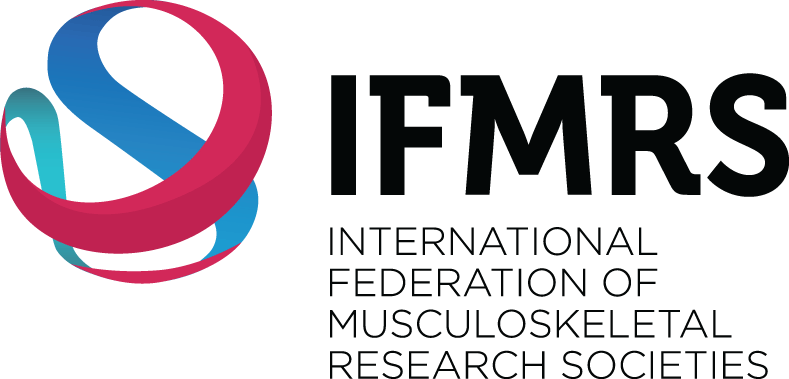MEET THE FIRST AUTHOR
Endogenous Production of IL1B by Breast Cancer Cells Drives Metastasis and Colonization of the Bone Microenvironment
Claudia Tulotta, Diane V. Lefley, Katy Freeman, Walter M. Gregory, Andrew M. Hanby, Paul R. Heath, Faith Nutter, J. Mark Wilkinson, Amy R. Spicer-Hadlington, Xinming Liu, Steven M.J. Bradbury, Lisa Hambley, Victoria Cookson, Gloria Allocca, Marianna Kruithof de Julio, Robert E. Coleman, Janet E. Brown, Ingunn Holen, and Penelope D. Ottewell
Clinical Cancer Research (2019) 25: 2769 – 2782
September 2019
Purpose: Breast cancer bone metastases are incurable, highlighting the need for new therapeutic targets. After colonizing bone, breast cancer cells remain dormant, until signals from the microenvironment stimulate outgrowth into overt metastases. Here we show that endogenous pro- duction of IL1B by tumor cells drives metastasis and growth in bone.
Experimental Design: Tumor/stromal IL1B and IL1 recep- tor 1 (IL1R1) expression was assessed in patient samples and effects of the IL1R antagonist, Anakinra, or the IL1B antibody canakinumab on tumor growth and spontaneous metastasis were measured in a humanized mouse model of breast cancer bone metastasis. Effects of tumor cell–derived IL1B on bone colonization and parameters associated with metastasis were measured in MDA-MB-231, MCF7, and T47D cells transfected with IL1B/control.
Results: In tissue samples from >1,300 patients with stage II/III breast cancer, IL1B in tumor cells correlated with relapse in bone (HR 1⁄4 1.85; 95% CI, 1.05–3.26; P 1⁄4 0.02) and other sites (HR 1⁄4 2.09; 95% CI, 1.26–3.48; P 1⁄4 0.0016). In a humanized model of spontaneous breast cancer metastasis to bone, Anakinra or canakinumab reduced metastasis and reduced the number of tumor cells shed into the circulation. Production of IL1B by tumor cells promoted epithelial-to-mesenchymal tran- sition (altered E-Cadherin, N-Cadherin, and G-Catenin), inva- sion, migration, and bone colonization. Contact between tumor and osteoblasts or bone marrow cells increased IL1B secretion from all three cell types. IL1B alone did not stimulate tumor cell proliferation. Instead, IL1B caused expansion of the bone metastatic niche leading to tumor proliferation.
Conclusions: Pharmacologic inhibition of IL1B has poten- tial as a novel treatment for breast cancer metastasis.
Full text of Dr Claudia Tulotta’s article is available from HERE

Claudia Tulotta
First Author
University of Sheffield, UK

Annegreet Veldhuis-Vlug
Moderator
Jan van Goyen/OLVG Medical Center, The Netherlands

